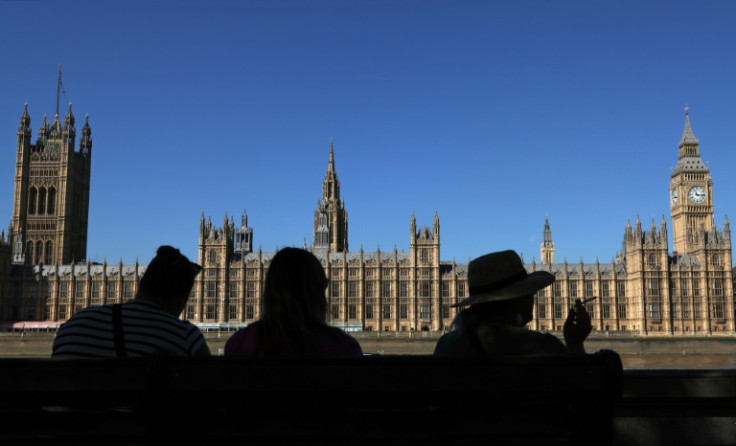UK MPs Arrested For Sexual Offences Face Parliament Ban

UK MPs arrested on suspicion of serious sexual or violent offences could be barred from attending parliament after lawmakers changed the rules in a narrow vote late on Monday.
Parliament decided by just one vote that any MP arrested over such accusations should face a risk assessment, which could lead to them being excluded from entering the House of Commons.
The move toughens up a proposal by the Conservative government, which had said MPs should only be barred if they were actually charged with an offence after being arrested.
Notable MPs voting in favour of the amendment included former Tory prime minister Theresa May and Natalie Elphicke, who defected from the ruling Conservatives to Labour last week.
Previously, MPs arranged with their own party whether they could attend parliament having been arrested for serious sexual or violent offences. Now an independent panel will decide.
Several MPs have been arrested for such offences since the last general election in 2019.
Conservative MP for Wakefield Imran Ahmad Khan was found guilty in 2022 of sexually assaulting a 15-year-old boy at a party in 2008.
Fellow Tory Charlie Elphicke, the former husband of Nathalie Elphicke, was jailed in 2020 for sexually assaulting two women, including a parliamentary worker.
And Conservative Crispin Blunt was arrested on suspicion of rape in October 2023. He continues to sit as an independent MP.
Several other MPs from both sides of the house have been suspended from their parties over allegations of sexual misconduct that did not warrant police action.
Labour former minister Chris Bryant said the move was "long overdue".
"Parliament should be no different from any other workplace," he said.
Mike Clancy, general secretary of the Prospect trade union, whose membership includes civil servants, called it an "important and overdue victory for common sense and those working on the parliamentary estate".
But Conservative Michael Ellis, a former attorney general for England and Wales, said there were constitutional and legal implications to banning MPs from parliament before they had been charged.
"There is a key principle here. There's a golden thread that runs through our system that a person must not suffer imposition before guilt has been proven," he said.
© Copyright AFP 2025. All rights reserved.





















